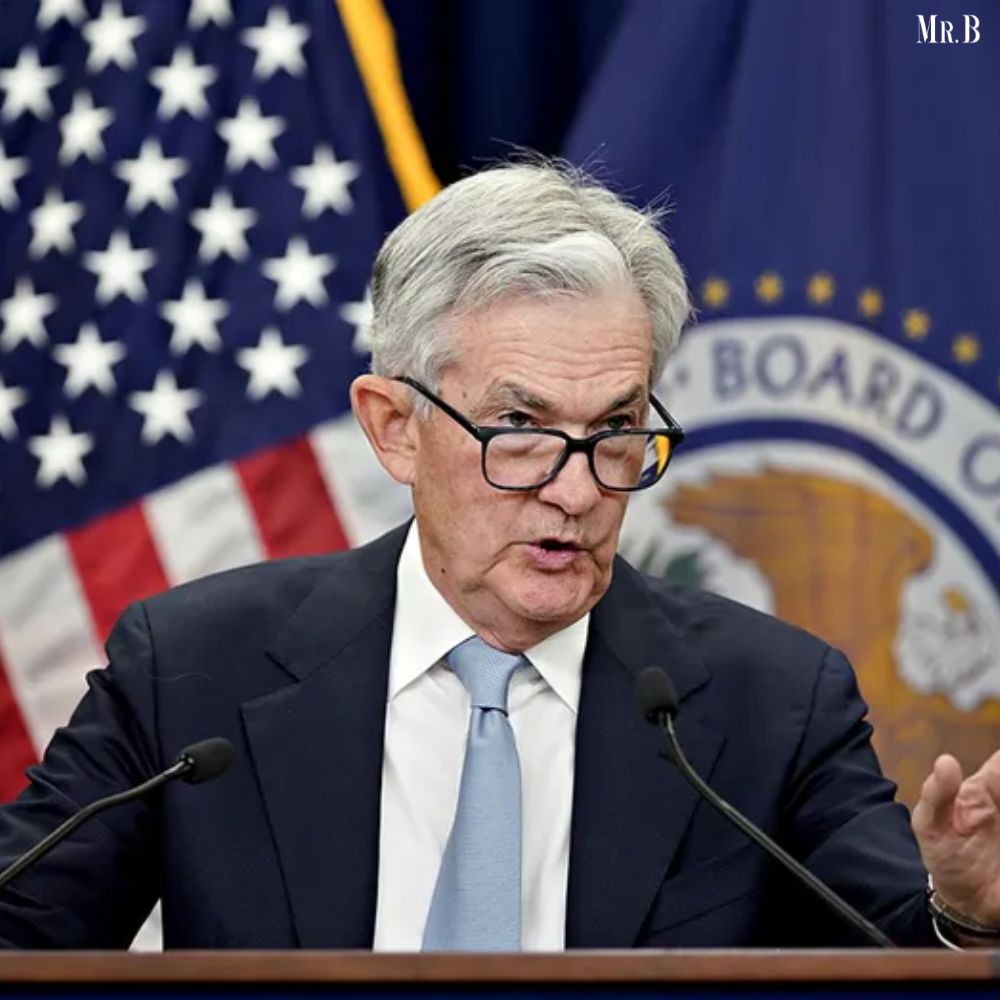Federal Reserve officials, convening for their two-day meeting that concluded on May 1, expressed significant concerns over the persistent inflationary pressures during their discussions, as indicated by the released minutes. The minutes highlighted that “many” officials voiced uncertainties regarding the impact of the current interest rate, set at 5.3 percent, on the economy. This cautious stance reflects a divergence in views within the Fed about the appropriate policy path amidst a backdrop of evolving economic dynamics.
Despite the prevailing sentiment to maintain interest rates at their current levels in the near term, policymakers remained open to the possibility of adjusting rates upward if inflation were to accelerate unexpectedly. This nuanced approach underscores the Fed’s commitment to balancing its dual mandate of price stability and maximum employment, while also adapting to changing economic conditions. However, the acknowledgment of a potential future rate hike contributed to market jitters, with stock indexes experiencing declines following the release of the minutes.
Part 2: Federal Reserve Inflation Moderation Provides Some Relief
Amidst the concerns expressed in the Fed minutes, there were indications of some relief stemming from recent inflation data. The minutes noted a slight cooling in inflation figures for April, offering a glimmer of hope that the earlier inflationary pressures might not persist as originally feared. This development aligns with the Fed’s narrative that the recent surge in prices may be transitory rather than indicative of a sustained upward trend.
Policymakers emphasized their willingness to maintain current interest rates for an extended period as they await further evidence of inflationary trends. This patient approach reflects the Fed’s commitment to data-dependent decision-making and its desire to ensure that any policy adjustments are well-calibrated to the evolving economic landscape. The tempered optimism surrounding inflation moderation suggests that the central bank remains vigilant but not overly reactionary in its policy stance.
Part 3: Uncertainty Persists Amidst Supply Chain Challenges
Despite the signs of inflation moderation, Fed officials remain cognizant of the lingering uncertainties surrounding the economy, particularly regarding supply chain disruptions and their impact on price dynamics. Loretta Mester, President of the Federal Reserve Bank of Cleveland, highlighted the need for additional data to assess the trajectory of inflation, emphasizing the complexities of addressing supply chain challenges and their potential inflationary effects.
Similarly, Susan Collins, President of the Federal Reserve Bank of Boston, echoed sentiments of cautious optimism tempered by ongoing challenges in curbing inflation. Collins acknowledged the current policy stance as moderately restrictive but emphasized the need for a longer timeline to effectively mitigate inflationary pressures. These insights underscore the delicate balancing act facing the Federal Reserve as it navigates the complexities of the post-pandemic economic recovery while striving to maintain price stability and support sustainable growth.
In summary, the release of the Fed minutes provides a glimpse into the nuanced deliberations of policymakers grappling with inflation concerns amidst a backdrop of economic uncertainty. While recent moderation in inflation figures offers some respite, lingering challenges, such as supply chain disruptions, underscore the need for continued vigilance and data-driven decision-making by the Federal Reserve.
Curious to learn more? Explore this News on: Mr. Business Magazine







